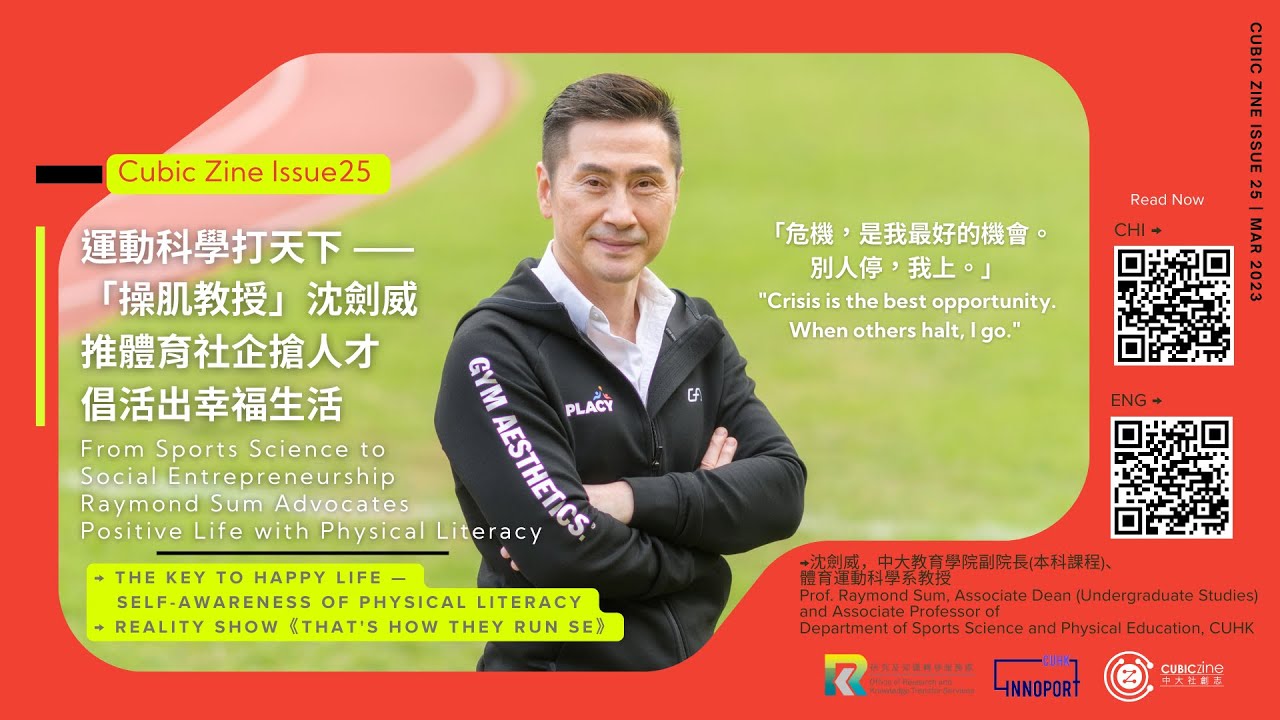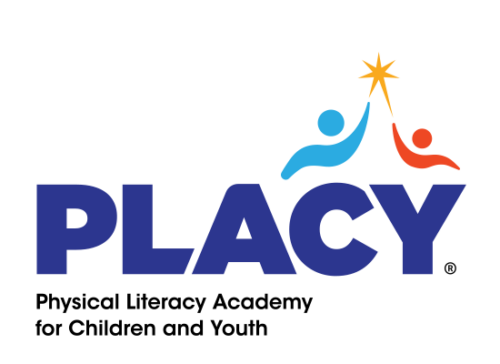To poach and coach
PLACY also provides training for assessors in Physical Literacy and Fundamental Movement Skills Assessment Leader Certification (PLFMSAL) to nurture Long-Term Athlete Development (LTAD) Specialists so as to bring PLACY to schools and communities at all levels. At the same time, workshops for teachers and voluntary consultancy are in place to help enrich course contents and improve learning environments for schools. Prof Sum is exhilarated in sharing the development of this social enterprise.
”It’s my first social enterprise, and it feels great!”
It is both the mission of social enterprises and Raymond’s wish to address social problems and achieve UN SDGs (Sustainable Development Goals) through integrating academic, professional, creative elements in business models.
“First, we hope to care for children from low-income families. We provide subsidies for children with financial difficulties who have no access to sports tests. Second, we hope to help minority families who are often marginalised. Their ability to cope with adversity is required of athletes.”
As the founding president of the Chinese Physical Literacy Association, chairman of the Executive Committee of Physical Fitness Association of Hong Kong (PFAHK), member of International Physical Literacy Association (IPLA), and regional leader of Physical Literacy Special Interest Group of Asia-Pacific Society for Physical Activity, Professor Sum is well-connected through years of work experience, such as school networks in China, Hong Kong, Macao and Taiwan. The success in synergising strengths in sports, education, professional associations and NGOs to set up a social enterprise should just come naturally?
Raymond admits that it is not as simple as it seems for social enterprises operate with fees. “I have at least call on school principals, directors and teachers 20 times on our programmes. They always hesitate upon the mentioning of fees. A school principal has frankly said that it’s impossible to charge any fees as all students are from all low-income families.”
“CUHK has given me a lot of opportunities at different times.” Raymond was the recipient of University Education Award 2019 (Team Category). In giving back to CUHK and the society, Raymond believes that attitude is everything, “It’s useless to be anxious. What I have learnt is that you cannot build on an unstable foundation. I don’t think about bad things. I just focus on the good. I’m raising ‘PLACY’ as a kid — it’s difficult to predict what it may become, but it will shine when the time is right. “
Raymond has a great team at work. “We are like a soccer team. We defend, attack, and face cheers and boos from spectators together. It’s very different from teaching in class, research and social service. Running a social enterprise is like leading a team of people with common values who serve the society in league. it’s fun having meetings. Everyone gets together at 8am to take group photos. We are all in this together as a sports team.”
“Crisis is the best opportunity. When others halt, I go.”
Raymond loves to share life experiences with Sports Science students during term assembly. “Take every challenge as the last; do your best as it is the last chance, and do better if there is another. Do everything wholeheartedly.”
“I was from a poor family. Before I went to university, between the age of 18 to 21, I worked as a courier at a bank in Central. So I understand what it means to be grassroots. I enjoyed riding the ferry to work — happiness was simple back then. My monthly salary was $1500. To save up for university, I would put aside $300 and change the sum into 30 ten-dollar notes, each marked with number 1 to 30. I would only use $10 per day, $8 for lunch and $2 for transport. In the third year, I rewarded myself each weekend $50. Now I am serving the society. Those were happy days.”
Raymond wants young people to understand the importance of striving for better. “I often tell my students that I had a happier youth than theirs. You will lose it when you take things for granted. How can you improve if you don’t work hard? You are the only one who can give up on yourself.”
“In 2019, in addition to the series of social incidents, seven of my relatives and friends passed away within that year, including my mother, younger brother, teacher, classmate, colleague, and a 30-year-long basketball teammate who was a professor in Chemistry. He passed away at the age of 49. How could I not keep my chin up? That’s life. So let’s deal with it one by one.”
Despite the many schools of martial arts, internal strength is the foundation of all. In light of life’s ups and downs, Raymond’s internal strength vests in consistent training. “I work out everyday at 7:00am to 7:45am, and two basketball games a week. I am a very competitive player even with students and fellow alumni. They find my vigour intimidating! I hope I can stay active every day. A tough game gives me sore muscles but it also helps me to relax, and I don’t have to think about anything. A rubber band pulled tight has to loosen at some point.”
Life is like a sports competition with ups and downs. Now that he is on the field, Raymond wishes everyone to enjoy sports and befriend with teammates, “No matter what, stay healthy and happy.”
By Cubic Zine Issue 25, 2 March 2023




.png)